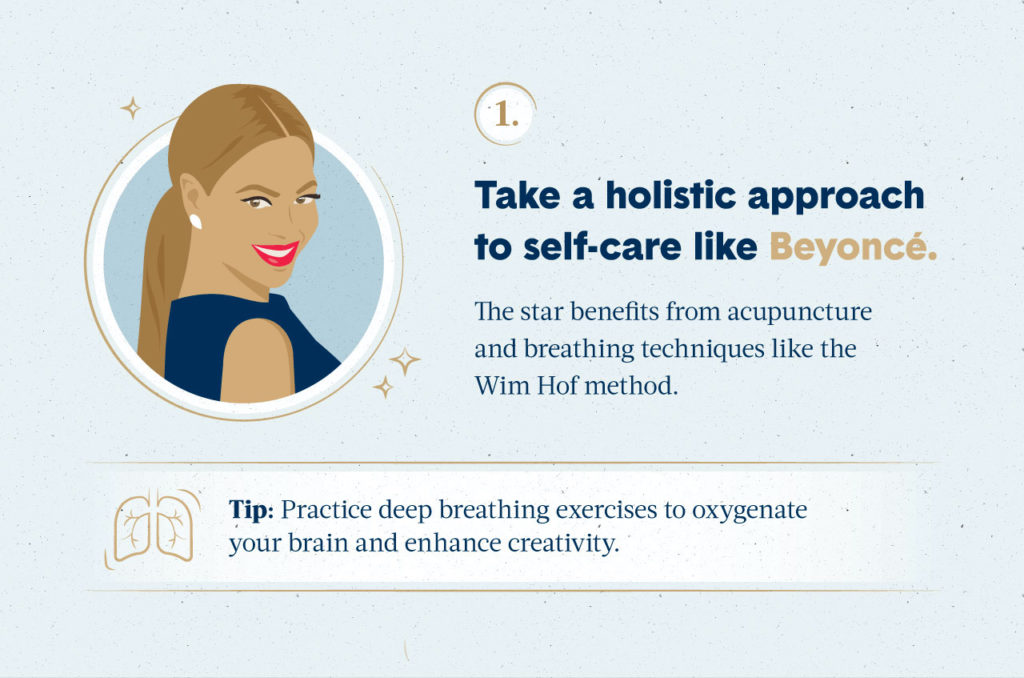
It is crucial that your child receives a variety nutrients. Choose foods with lean protein when you're making food choices. This could be meat, poultry or fish. It can also come from nuts, seeds, legumes, nuts, dried fruits, and beans. Vegetables are good choices, as long as they're not processed and contain low sodium. Whole grains are best for children. Whole wheat is a good choice, as it has more fiber than refined grain. Low-fat milk, as well as dairy products, are good sources for calcium.
Water is essential for children. Enough water helps regulate body temperature and cell function, and their water intake should be varied depending on their age and sex. High-calorie foods can increase the risk of type 2 diabetes, tooth decay and weight gain in children. You should limit the intake of these foods in your child's daily diet. A variety of whole grains should be included in your child's diet, along with fruits and vegetables.

Remember that your child should have a balanced diet. Before making any changes to the diet of your child, it is a good idea to consult a physician. Also, you should introduce new foods slowly and consult your pediatrician. You must not overload your child with fiber, as it will interfere with absorption of vitamins and minerals.
You need to be aware of important information regarding child nutrition. While it is not always possible to incorporate all the necessary nutrients into a child's diet, the basics are still important. Your child's requirements for vitamins and minerals will change as they age. Your child should get enough calcium every day in order to maintain their overall health. Get plenty of fruits & vegetables to help your child develop healthy habits.
Your child will also need calcium. Their bodies grow at a rapid rate and require many nutrients. You should therefore choose foods that have a high energy level. Low-fat diets can lead to obesity. These foods must also contain high amounts of vitamins and minerals. Young children's needs can vary depending on how active they are.

It is vital to know the best foods for children. A child's daily diet should include the right combination of vitamins or minerals. A child's BMI is determined by their weight and height. Follow the advice of your pediatrician. You should make sure your child eats healthy foods. There are many food products on the market that contain high levels of vitamins and minerals.
FAQ
Which exercise is best for men
It all depends on your goals. Cardio workouts can help you lose weight faster than strength training.
If you want to just build muscle mass, strength training is better as it increases lean body weight.
Both types of exercise are proven to be beneficial if you're looking to improve your overall health.
I recommend HIIT, or sprint interval training, if you want fast results. This type training will help you quickly lose fat by increasing your metabolism. It increases your endurance so you can continue training even when tired.
How many times per week do I need to exercise?
It all depends upon how much time you have and what type or exercise you prefer. The general rule of thumb is to exercise aerobically 3 - 5 days per week. It is important not to overdo it. It is crucial to exercise regularly in order to reap the full benefits of your workouts.
Which exercises are best for me?
It really depends on the type of fitness goal you have. Some people are more focused on endurance activities such as running, cycling and swimming. Others prefer lifting weights, or using resistance bands. There are many types of exercise programs today. Choose an option that suits your lifestyle.
Which dietary supplement can help you lose weight?
You need to exercise and diet in order lose weight. Some people find that supplements can help them along the journey.
Many studies show that omega-3s may help you lose weight. Omega-3s, essential fats, are critical for brain function and cell membrane health. They can be found as a part of seafood such as tuna, salmon, shrimp, and cod live oil.
Another study suggests that green-tea might help with weight loss. The antioxidants in green tea, catechins and other compounds may increase metabolism and promote weight loss.
Statistics
- Are You One of the 20% of Guys (mh.co.za)
- An estimated calorie range for moderately active adult males falls between 2,200 to 2,800 calories per day, depending on age. (eatright.org)
- 10 pounds in a month is likely during a lean bulking phase, especially for beginners. (muscleandstrength.com)
- Candidates and applicants must pass all four tests at 70% (minimum level) to graduate from Basic Deputy U.S. Marshal (BDUSM) Training. (usmarshals.gov)
- According to the American Heart Association, blood pressure should be checked at least once every two years, beginning at age 20. (my.clevelandclinic.org)
External Links
How To
What is the healthiest food for men?
Men should eat five servings per day of fruits and vegetables. Men should also limit their consumption of red meat and avoid fast food.
Antioxidants are found in fruits and vegetables, which protect against cardiovascular disease and other diseases.
Vegetables include broccoli, cauliflower, carrots, spinach, tomatoes, peppers, cucumbers, lettuce, mushrooms, etc.
Also, beans and peas are rich in protein and fiber.
A great source of omega-3 fatty acid is nuts and seeds. Essential for hormone production and brain function, omega-3 fatty acids are vital.
Fish is another great source of omega-3s. Mercury is more abundant in fish than in most other meats. However, fish liver oil does contain fewer toxins.
For normal growth and development, Omega-6s are required in vegetable oils such as soybean, sunflower, safflower and cottonseed oils.
Poultry is a great source of lean proteins. Chicken breast is one the healthiest meats.
Lean beef has low levels of cholesterol and saturated fats. However, you should avoid eating too much red meat because too much iron may increase your risk of prostate cancer.
Avoid hot dogs and sausages. These have added nitrates which can be carcinogenic.
There is no doubt that exercise is essential for maintaining overall health. What if you already exercise regularly? Is there anything you can do that will improve your physical or mental health?
The answer is yes You have many options to maximize your workouts. Here are some tips to help you maximize your workout.
Begin slowly. Do not push yourself too hard your first session. You could injure yourself. Begin at a pace you're comfortable with, and then gradually increase your intensity.
Stretch before and afterwards. Stretching helps loosen tight muscles, reduce muscle soreness, and improve flexibility. You can stretch sitting down, standing, or moving around.
Cool down. This is particularly important when doing cardio exercises. So that your body doesn't become exhausted, it needs to be able to recover between sessions. To cool down, walk slowly, take deep breaths, or go for a short swim.
Hydrate. Fluid intake is important to keep your muscles hydrated and prevent muscle cramps. Water is the ideal beverage, but sports drinks may also be helpful.
Make sure you eat healthy. Get enough calories in each day. Regular meals throughout the day can help you stay focused and energized during your workouts.
Get enough rest. You'll wake up feeling refreshed and ready to start your next workout when you sleep properly. The best way to heal tissues is through sleep.